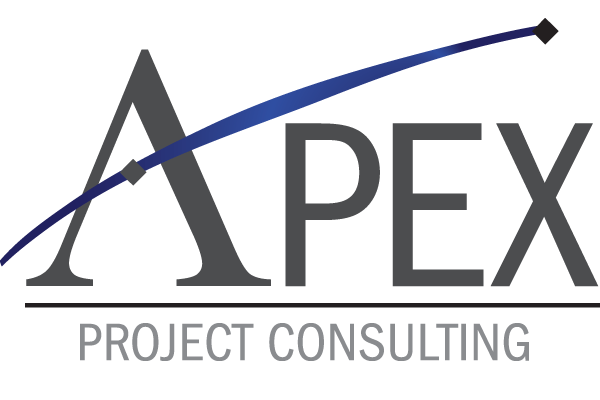Attorneys Are Overrated
Thank you, Captain obvious.
In all seriousness, when it comes to drafting contracts, for design, engineering and construction services, the input of attorneys is extremely overrated.
Not too long ago I was catching up over drinks with a friend of mine from law school. The conversation gravitated to various legal topics. At some point in our chat, he mentioned to me that he had recently helped a client with a construction contract. In retrospect, I should’ve simply nodded appreciatively and moved on to a different topic. However, I didn’t.
Instead, I offered, from my years of experience, that he probably didn’t help his client as much as he thought. I assumed, erroneously, that all attorneys would acknowledge that maximizing profits, or more importantly minimizing risks of change orders and other budget busting surprises, was NOT related to legal craftsmanship.
After all, isn’t the point of all business transactions to generate profits and minimize risk? Maybe not, if you’re on the attorney side of it. I started the defense of my position with something I thought we both could agree to.
Money matters. If money matters, then the measuring stick for success or failure of contracts for architectural, engineering and or general construction has to be money — the money saved by avoiding change orders.
It’s all well and good that contracts for design and construction satisfy the necessary legal standards. However, doing so is an expenditure that is essentially overhead. It doesn’t generate the lion share of savings.
The finest and most sophisticated contract will never do more for a client to save money and or prevent risks than a well crafted scope of work. An insufficient, sloppy, incomplete, or worst-case, a vendor-drafted scope of work will result in an almost boundless amount of change orders. It doesn’t matter how much fancy word-smithing you wrap around a crappy deal, it’s still a crappy deal. That’s why the legal part doesn’t mean jack.
It doesn’t matter if you correctly articulate or memorialize the indemnification provision, the waiver of subrogation, choice of law, insurance, and/or arbitration provision, etc. While all of these are swell, clients in this industry don’t lose money necessarily because the parties agreed to arbitration versus litigation. It’s all about the scope.
To paraphrase Bill Murray’s famous line in Meatballs, “IT JUST DOESN’T MATTER” how cleverly you drafted the indemnification clause – or any other provision – if you screw up the scope.
To no one’s surprise but my own, this argument had little affect on my attorney friend’s position. A little anxious that I might be challenging his abilities, I pressed ahead nonetheless.
Change orders are the most expensive “repeat offender” in the real estate improvement process. The uninitiated or unrepresented client or tenant can “bank” on change orders generating hundreds of thousands in additional costs (BTW: your vendors are counting on this, too).
I’m sure that the design and construction industry generates plenty of litigation. However, whether a client is hit with change orders from the architect, engineer or contractor, is almost exclusively a function of the scope. A poorly drafted scope (or worse, use of the vendor’s agreement) guarantees change orders. Change orders equal money. Big money.
Again, if the agreement doesn’t operate to anticipate and mitigate design errors in the construction documents or block (non-owner requested) change orders from the contractor – then none of the legal jargon matters.
They don’t teach scope-writing in law school. Yes, it helps to be able to write and talk like an attorney. I get that. But again, there is no course or class in how to describe the architectural, engineering and construction specifications and requirements for a tenant improvement project. It strictly comes from on-the-job training, YEARS of on-the-job training.
I don’t know if I’ve had more luck convincing you than I did my good friend from law school. But I will offer you this, before you consider laying out millions of dollars on your next project, carefully consider who’s helping you with the scope of work.
If the global Fortune 1000 real estate behemoth and the project management chaperone you’ve engaged to deliver your next project doesn’t demonstrate their ability to save you money through stopping change orders, then you might want to reconsider. Start by using an experienced project management professional with both design and construction contract drafting skills as well as CM experience that will maximize your profits while minimizing your exposure to risks.
Tom Conzelman is President of Apex Project Consulting, Inc., a one-of-a-kind, full spectrum project design, engineering and construction management consulting firm for commercial, industrial, healthcare and specialized-environment projects; both locally and across the United States. Mr. Conzelman is a licensed electrical contractor and general contractor, LEED® AP, and a California Real Estate Broker License 01128636 (www.apexpjm.com). Mr. Conzelman graduated from Western State University, College of Law and has taught Contracts-for-Contractors. Tom Conzelman is the innovator behind the No Change Order Guarantee™ and the No-Fee Guarantee. ™



